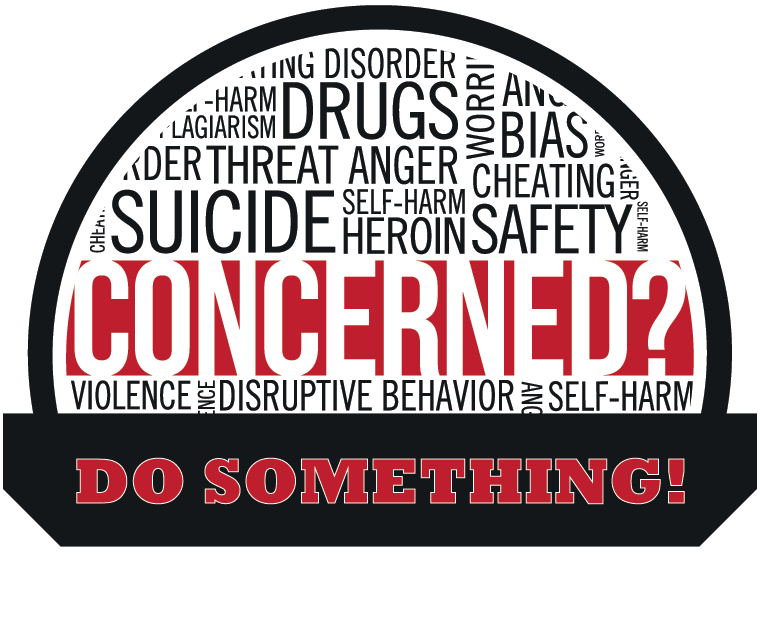Reporting Forms
Adjudicating Academic Integrity Violations
- The Academic Integrity Process
- Instructor’s Checklist
- AIF Checklist
- Levels of Academic Integrity Violations
- Academic Integrity Sanctions
- Academic Integrity Facilitators
Sample Documents
Preparing for a University Hearing
- Rights of Complainants and Accused Students
- Preparing for a Disciplinary Hearing
- Preparing Evidence
- Preparing Witness Statements
- Campus Advisors
Instructional Resources
Detecting and Preventing Academic Dishonesty
- Steps to Address the Impact of Artificial Intelligence: SAS Office of Undergraduate Education
- ChatGPT and Artificial Intelligence Assistance: Rutgers OTEAR
- Turnitin plagiarism detection program: Canvas
- Preventing Plagiarism: Turnitin.com
- “Plagiarism in Cyberspace: Learning the Rules of Recycling Content with a View Towards Nurturing Academic Trust in an Electronic World,” Richmond Journal of Law and Technology (PDF)
- “Defining and Avoiding Plagiarism: The WPA Statement on Best Practices,” Council of Writing Program Administrators
- “Advice from Students to Faculty Members on Protecting Academic Integrity,” Gary Pavela, Academic Integrity Seminar
- “How Teachers Can Stop Cheaters,” Mark Edmundson, New York Times
- “Justice or Just Us? What To Do About Cheating,” Jason Stephens, Carnegie Foundation for the Advancement of Teaching
- “Understanding Plagiarism: The Role of Librarians at the University of Tennessee in Assisting Students to Practice Fair Use of Information,” Maud Mundava and Jayati Chaudhuri
- “Combating Academic Fraud Towards a Culture of Integrity,” Max A. Eckstein, International Institute for Educational Planning
- ASJA Law and Policy Report (PDF) Reprinted with the kind permission of Gary Pavela and the Association for Student Conduct Administration.
- International Center for Academic Integrity

